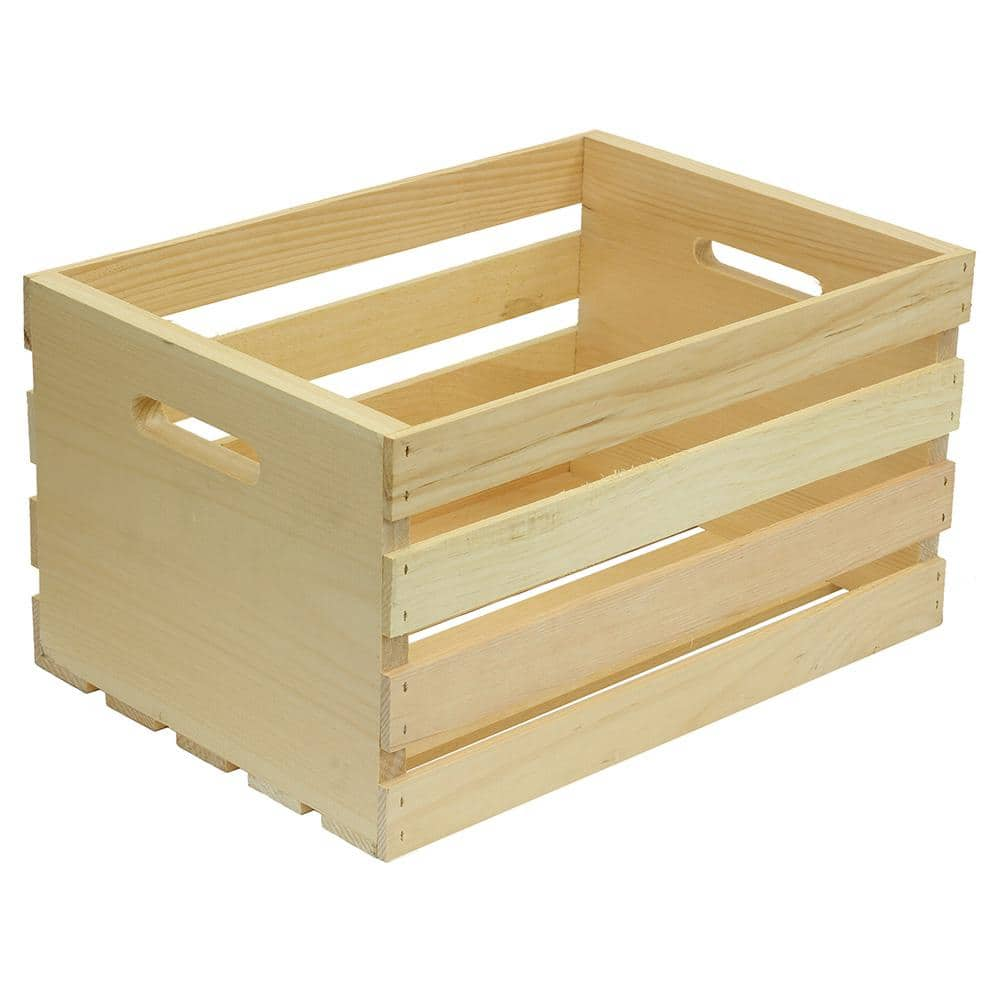Cost-Effective Storage: Explore Used Bulk Plastic Containers for Sale
Cost-Effective Storage: Explore Used Bulk Plastic Containers for Sale
Blog Article
Maximize Your Recycling Effect by Reusing Utilized Plastic Containers
In the quest of sustainable living practices, the importance of recycling has actually become increasingly evident. Nonetheless, the influence of recycling can be more intensified by integrating the method of recycling used plastic containers. When considering the ecological implications and resource preservation advantages, reusing plastic containers provides a efficient and sensible way to lower waste. By discovering the numerous means in which these containers can be repurposed, one not only contributes to a cleaner world however also use a world of imagination and resourcefulness. The possibilities are comprehensive, and the benefits are far-ranging, making the undertaking of making the most of recycling impact via reusing plastic containers a fascinating and beneficial method to check out.
Advantages of Reusing Plastic Containers
Reusing plastic containers not only decreases waste but also contributes significantly to ecological sustainability. By choosing to recycle plastic containers rather than discarding them after a single usage, people can play an essential function in reducing the need for brand-new plastic manufacturing. This practice straight converts to a decrease in the intake of basic materials, power, and sources required for making brand-new containers.

In addition, reusing plastic containers aids in lowering the quantity of plastic waste that ends up in garbage dumps or pollutes our oceans and natural habitats. Plastic contamination is a pushing global concern, and by prolonging the lifespan of plastic containers via reuse, we can reduce the damaging influence on the setting. In addition, recycling plastic containers can cause a decrease in greenhouse gas exhausts related to the manufacturing and transport of new plastic things.
In essence, the basic act of recycling plastic containers can yield considerable ecological advantages by conserving sources, reducing waste, and lessening pollution, making it an impactful and sensible sustainability practice for areas and individuals alike.
Innovative Upcycling Concepts for Containers
Taking into consideration the environmental benefits of expanding the lifespan of plastic containers through reuse, checking out imaginative upcycling concepts offers an innovative approach to more sustainability initiatives. There are numerous innovative means to repurpose utilized plastic containers, contributing to squander decrease and promoting eco-conscious actions. One more upcycling idea is to utilize large plastic containers, such as washing detergent containers, as storage containers for items like playthings, craft supplies, or also as makeshift planters for small interior gardens.
Tips for Correctly Cleansing Containers
Keeping tidiness in containers is vital for making certain hygiene and prolonging their usability. To appropriately tidy used plastic containers, beginning by emptying any kind of remaining components and washing them with cozy water to get rid of food particles and deposit. For containers with persistent stains or smells, develop a mix of equivalent parts water and vinegar or baking soda and water, and allow it rest for a few hours prior to rubbing and rinsing completely. Stay clear of using rough chemicals or abrasive scrubbers that can damage the plastic. In addition, see to it to dry out the containers entirely before keeping them to avoid mold and mildew growth. For containers with limited corners or tiny openings, think about making use of a bottle brush or tooth brush to get to all areas (used plastic containers). Routinely evaluate the containers for signs of damage, such as fractures or discoloration, and change them if required to maintain proper hygiene standards. By complying with these cleaning suggestions, you can maximize the lifespan of your plastic containers and promote a healthier environment.
How to Store Reused Containers Efficiently

Influence of Reusing on the Atmosphere
Reusing containers has a this hyperlink significant positive effect on the atmosphere by minimizing waste and preserving sources. It helps in decreasing the amount of plastic waste that ends up in oceans or landfills when containers are reused instead of being disposed of after a solitary usage. By prolonging the lifecycle of these containers, less brand-new ones need to be created, causing a decrease in the usage of raw products and power required for production. This preservation of resources plays an important duty in reducing the environmental impact connected with plastic production.
In addition, reusing containers additionally adds to lowering greenhouse gas exhausts. The process of manufacturing brand-new containers involves numerous energy-intensive activities that launch considerable amounts of co2 and other contaminants into the ambience. By reusing plastic containers, the need for new manufacturing reductions, leading to lowered discharges related to the production and transport of new products. On the whole, the ecological benefits of reusing containers are substantial and play a vital role in advertising sustainability and minimizing the effect of plastic on earth.
Verdict
In final thought, reusing utilized plastic containers can considerably lower waste you can check here and minimize the environmental impact of single-use plastics. By artistically upcycling containers, properly cleaning them, and effectively saving them, individuals can maximize their reusing initiatives and add to an extra sustainable future. Making a conscious initiative to recycle plastic containers not only benefits the atmosphere yet also urges a more eco-friendly way of life on the whole.

Report this page